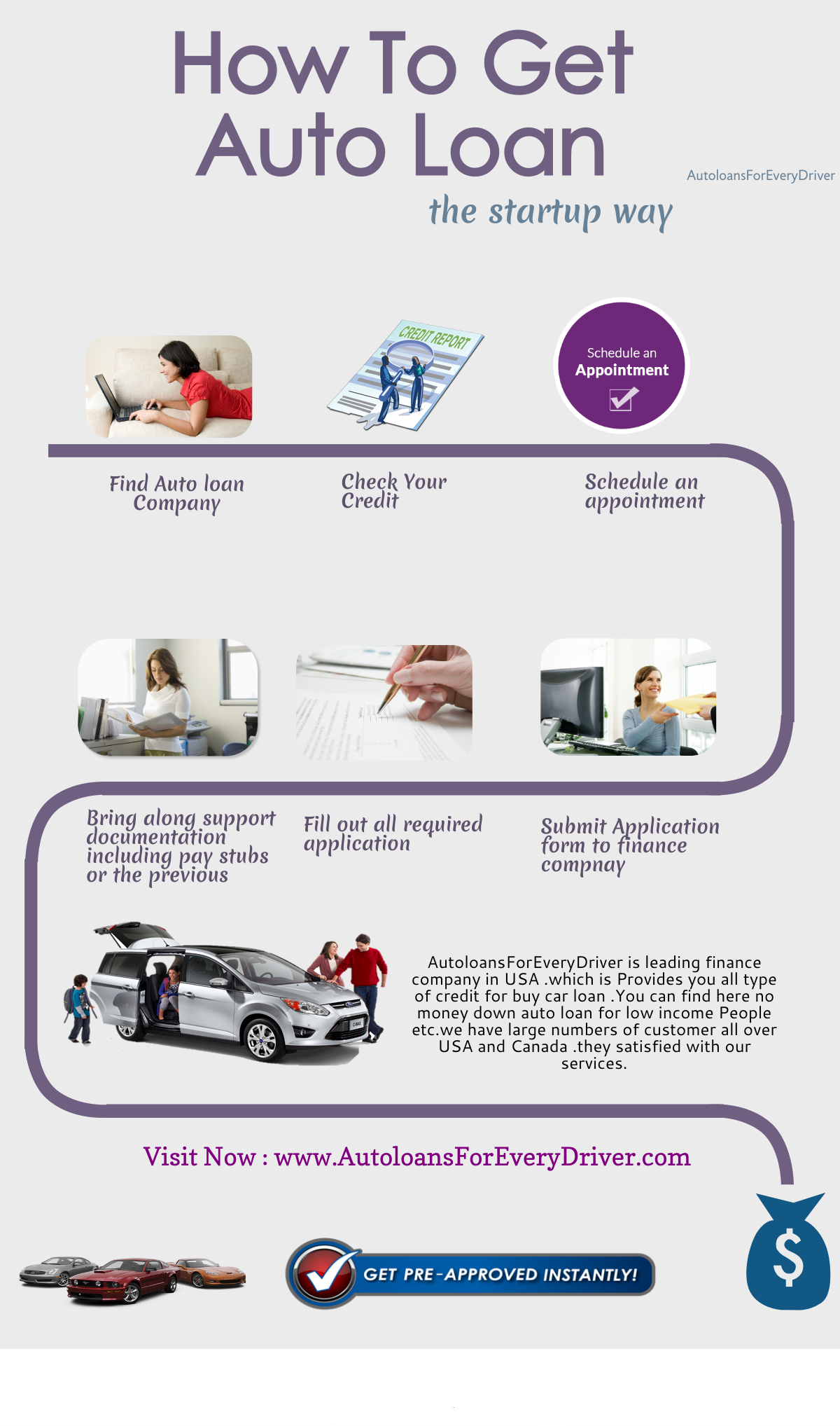Subprime auto loans have become a lifeline for individuals with less-than-perfect credit scores who need reliable transportation. However, these loans come with unique challenges and considerations that borrowers must understand before committing. In this article, we will explore everything you need to know about subprime auto loans, including how they work, their pros and cons, and tips for managing them effectively.
Whether you're in the market for a new or used vehicle, understanding the intricacies of subprime auto loans can help you make informed financial decisions. With the right knowledge, you can navigate the lending landscape and secure a loan that meets your needs without jeopardizing your financial future.
Our goal is to provide actionable insights and expert advice to ensure you are well-prepared for the subprime auto loan process. By the end of this article, you'll have a clear understanding of how these loans function and how to approach them responsibly.
Read also:Is Lauren Compton Married Discover Her Relationship Status Biography And More
What Are Subprime Auto Loans?
Subprime auto loans are designed for individuals with lower credit scores who may not qualify for traditional financing options. These loans typically carry higher interest rates to compensate lenders for the increased risk of default. Borrowers with credit scores below 620 often fall into the subprime category, although exact criteria can vary by lender.
Understanding the basics of subprime auto loans is essential for anyone considering this financing option. Below are some key characteristics:
- Higher interest rates compared to prime loans
- Flexibility in approval criteria for borrowers with imperfect credit
- Potential for credit score improvement through timely payments
How Do Subprime Auto Loans Work?
The process of obtaining a subprime auto loan is similar to traditional car financing, but with a few key differences. Lenders assess your creditworthiness based on factors such as credit score, income, and debt-to-income ratio. Since subprime borrowers pose a higher risk, lenders often require larger down payments or shorter loan terms to mitigate potential losses.
Key Factors in the Approval Process
Several factors influence whether you'll qualify for a subprime auto loan and the terms you'll receive:
- Credit score: A primary determinant of loan eligibility and interest rates
- Income stability: Consistent income increases the likelihood of approval
- Employment history: Lenders prefer borrowers with a stable work history
Advantages and Disadvantages of Subprime Auto Loans
Like any financial product, subprime auto loans have their pros and cons. It's important to weigh these factors carefully before proceeding with a loan application.
Advantages
- Access to financing for individuals with poor credit
- Opportunity to rebuild credit through responsible repayment
- Flexibility in loan terms to accommodate various financial situations
Disadvantages
- Higher interest rates leading to increased borrowing costs
- Potential for predatory lending practices
- Risk of default due to financial strain
Eligibility Criteria for Subprime Auto Loans
While subprime auto loans are more accessible than traditional financing, lenders still have specific eligibility requirements. These criteria ensure that borrowers have a reasonable ability to repay the loan despite their credit challenges.
Read also:Catherines Member Rewards Your Ultimate Guide To Exclusive Benefits
Common eligibility factors include:
- A minimum credit score, which varies by lender but typically falls below 620
- Verifiable income to cover monthly payments
- A stable residence and employment history
Understanding the Costs Associated with Subprime Auto Loans
Subprime auto loans often come with additional costs beyond the principal amount borrowed. These expenses can significantly impact your overall borrowing costs, so it's crucial to understand them upfront.
Common Costs to Consider
- Higher interest rates compared to prime loans
- Potential fees for loan origination, documentation, and processing
- Possible penalties for late payments or prepayment
Tips for Securing a Subprime Auto Loan
Securing a subprime auto loan requires careful planning and preparation. Follow these tips to increase your chances of approval and secure favorable terms:
- Shop around for multiple lender quotes to compare rates
- Improve your credit score before applying by paying down debt and correcting errors
- Prepare a larger down payment to reduce the loan amount
Managing Subprime Auto Loans Responsibly
Responsible management of your subprime auto loan can help you avoid financial pitfalls and improve your credit score over time. Follow these best practices:
- Make payments on time every month
- Monitor your credit report for errors or discrepancies
- Consider refinancing if your credit score improves
Common Misconceptions About Subprime Auto Loans
There are several misconceptions surrounding subprime auto loans that can lead to poor financial decisions. Let's debunk some of the most common myths:
Myth 1: Subprime Loans Are Always Predatory
While some lenders may engage in predatory practices, many reputable institutions offer fair subprime auto loans. It's essential to research lenders thoroughly and read the fine print before signing any agreement.
Myth 2: Poor Credit Means No Loan Options
Although subprime borrowers face challenges, numerous financing options exist for individuals with less-than-perfect credit. The key is finding a lender that aligns with your financial situation and goals.
Statistics and Trends in Subprime Auto Lending
According to recent data from the Federal Reserve, subprime auto loans account for approximately 25% of the total auto loan market. The industry has seen steady growth over the past decade, driven by increasing demand from borrowers with credit challenges.
Key statistics to consider:
- Subprime borrowers typically pay 2-3 times more in interest compared to prime borrowers
- Delinquency rates for subprime auto loans have risen slightly in recent years
- Online lenders are gaining popularity among subprime borrowers due to streamlined application processes
Conclusion and Call to Action
Subprime auto loans offer a viable solution for individuals with imperfect credit who need reliable transportation. By understanding the intricacies of these loans and approaching them responsibly, you can secure financing that meets your needs while improving your financial standing.
We encourage you to:
- Share this article with others who may benefit from the information
- Leave a comment with your thoughts or questions about subprime auto loans
- Explore other articles on our site for additional financial insights and guidance
Remember, knowledge is power when it comes to managing your finances. Stay informed and make choices that align with your long-term financial goals.
Table of Contents
- What Are Subprime Auto Loans?
- How Do Subprime Auto Loans Work?
- Advantages and Disadvantages of Subprime Auto Loans
- Eligibility Criteria for Subprime Auto Loans
- Understanding the Costs Associated with Subprime Auto Loans
- Tips for Securing a Subprime Auto Loan
- Managing Subprime Auto Loans Responsibly
- Common Misconceptions About Subprime Auto Loans
- Statistics and Trends in Subprime Auto Lending
- Conclusion and Call to Action

